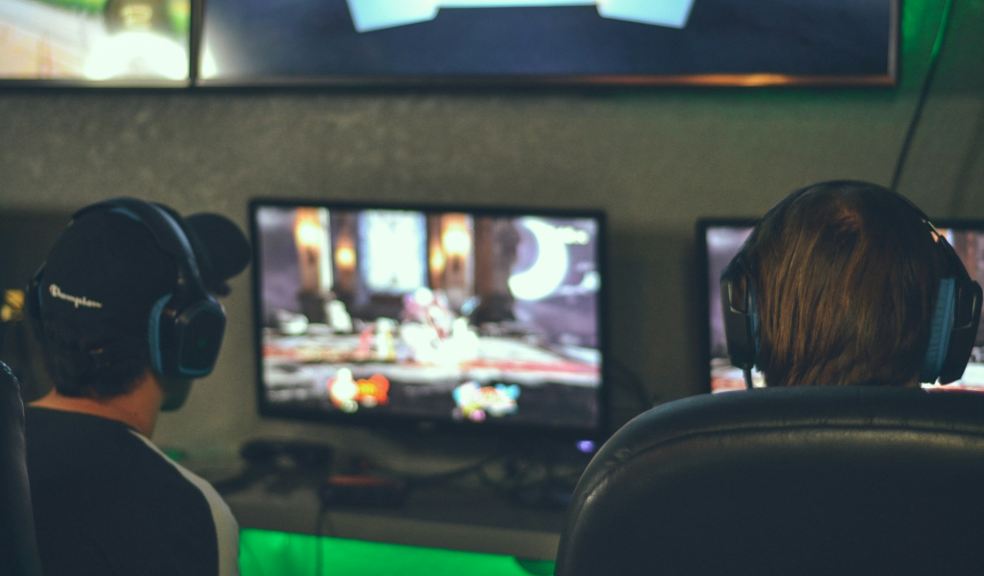
Can Games Really Be Helpful in Learning?
We never stop learning. We may not always realise that we’re taking in new information and building new skills, but that is exactly what happens as we go about our day, interact with others, and overcome novel challenges.
Our grey matter can even be expanded and strengthened from activities like chatting with friends, watching TV, or traveling somewhere new.
Over the last few decades, as video games of all kinds have become more prominent and mainstream, educators have explored their efficacy as a learning tool. There have been countless studies examining the different ways that games can be used and what works best.
To some, it may seem like a fanciful pipedream to be able to combine a fun form of entertainment like gaming with learning. But is this cynicism warranted?
Teaching New Skills
Here in the UK, there is a nationally recognised shortage of maths skills that risks to degrade the quality of our STEM sector in the coming years. This is reflected in a recent YouGov study which found that more than half of people from lower socio-economic backgrounds believe careers in science, technology, engineering, and maths are out of reach.
It is why, here in Devon, government funding is available for projects that can boost numeracy skills amongst the county’s adults.
There are many games that require players to directly deploy their arithmetic skills. Scrabble, for example, may be a word game but you must add and multiply the values of your tiles together to calculate your score as you play.
Video slots are games that also use maths, both behind the scenes to make the game run but also at the forefront of the game when players are choosing which ones to play.
Most of these games boast beautiful and vibrant graphics, engaging characters, and exciting bonus features. For example, Dr. Toonz at PokerStars Casino is a six-reel slot with a cartoon UFO theme. At the forefront of the lore is Dr. Toonz, a scientist who has created a small army of colourful extra-terrestrial characters.
Alongside this colourful branding and engaging storytelling, casinos will publish a set of facts about the game. This will include a percentage known as the return-to-player (RTP) rate and the game’s volatility, which will typically be expressed as low, medium, or high or on a sliding scale.
The RTP percentage represents the theoretical proportion of their stakes that a player can expect to see returned to them if they played over an incredibly long period. Players can get a better understanding of percentages and probabilities by looking for and comparing these rates, but will need to also balance this with the volatility since this will alter how large and frequent plays can be.

Boosting Reaction Times
Having a speedy reaction to stimuli can be useful in a whole host of scenarios. It can help you leap out of danger, improve your efficacy in some sports, and can be beneficial in tasks like driving.
This is why many athletes will undertake training to help them reduce how quickly and improve how accurately they can react.
Some video games have been shown to help improve the reaction times of players. This isn’t necessarily a ringing endorsement of just any game providing a benefit. After all, your sedate sudoku isn’t placing a strain on your reflexes.
However, a 2010 study by researchers at Rochester University found that action games offer a performance benefit to a range of different sensory, attentional, and perceptual tasks. After playing Call of Duty 2 and Unreal Tournament for 50 hours, study participants were able to respond up to 25% faster without compromising accuracy when compared to the control group.
Promoting Teamwork
Teamwork is an important skill that can be useful in almost every aspect of life. Businesses spend millions each year training employees to work better together, but they may see just as much benefit by letting their teams play games.
A study by the Institute for the Future found that multiplayer games can boost teamwork in problem-solving challenges since success in the game is contingent on being able to cooperate effectively and communicate clearly.
Players of fast-paced multiplayer games like CS:GO and Call of Duty will often use headsets to let their team know where they are, direct movements, and alert each other to dangers.
You’ll have spotted these teams when playing in open lobbies. As they can move across a map in a seemingly effortless way, coordinating actions and providing intelligence to their group, they can often dominate uncoordinated opponents and can be immensely frustrating if you’re on the receiving end.













